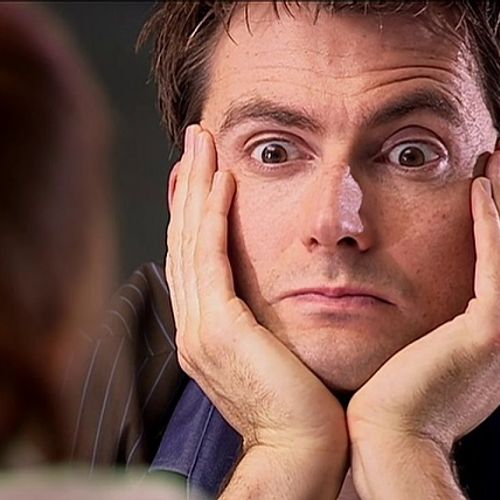
| Added | Sun, 11/12/2016 |
| Источники | |
| Дата публикации | Fri, 09/12/2016
|
| Версии |
More than half of adults were susceptible to false memory, found psychologists from the University of Warwick (UK). According to their findings, incorrect information, such as news, can form incorrect and collective memories, influencing the behavior and attitudes of society as if the internalized false ideas were true. The corresponding article published in Memory.
The researchers drew 423 volunteers to experiment the so-called "memory implantation". Initially, all they were told in the middle of an event that supposedly happened to them in childhood, and then requested using the imagination to imagine how it would have happened in detail. Among the proposed scenes were jokes (in children) against teachers, and at public events.
After a series of such training sessions, the volunteers took a test in which they were asked to choose: what are the memories about them were false and which true. 30 percent of the subjects fully believed in the described fictional events that supposedly happened to them. Another 23 percent believe in false memories in part, agreeing that something was, but noting that he did not agree with certain parts. Thus, more than half of the people were susceptible to false or "implanted" memory.
Scientists put the question that the probability of such a false memory should be taken into account in judicial proceedings and other situations.
Translated by «Yandex.Translator»
Новости со схожими версиями
Log in or register to post comments




